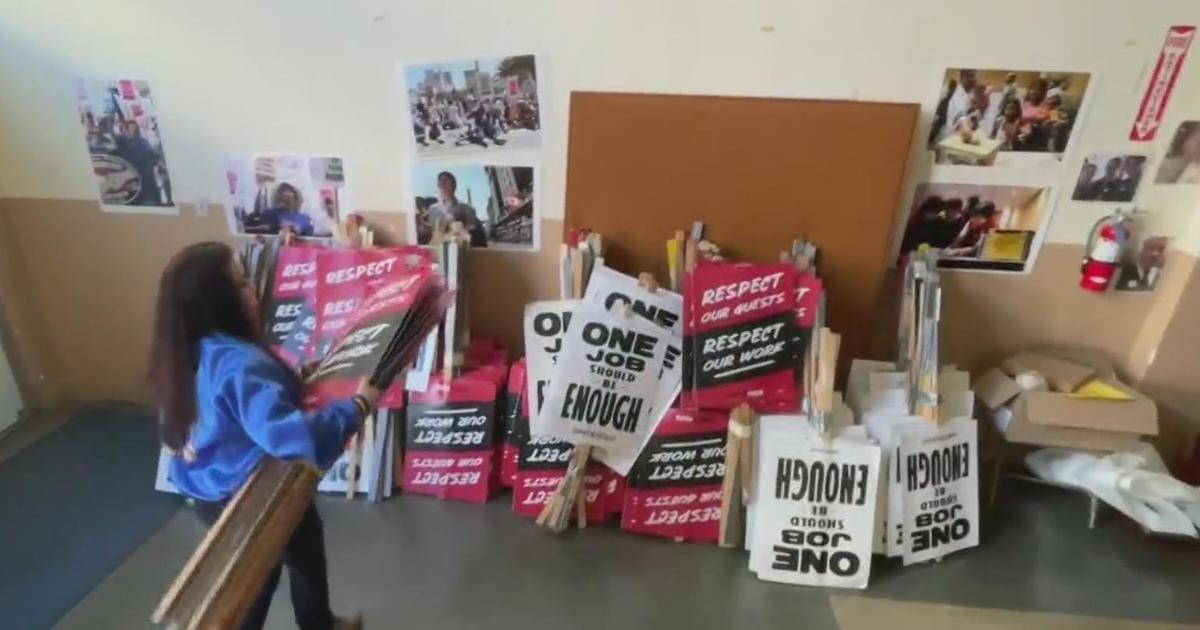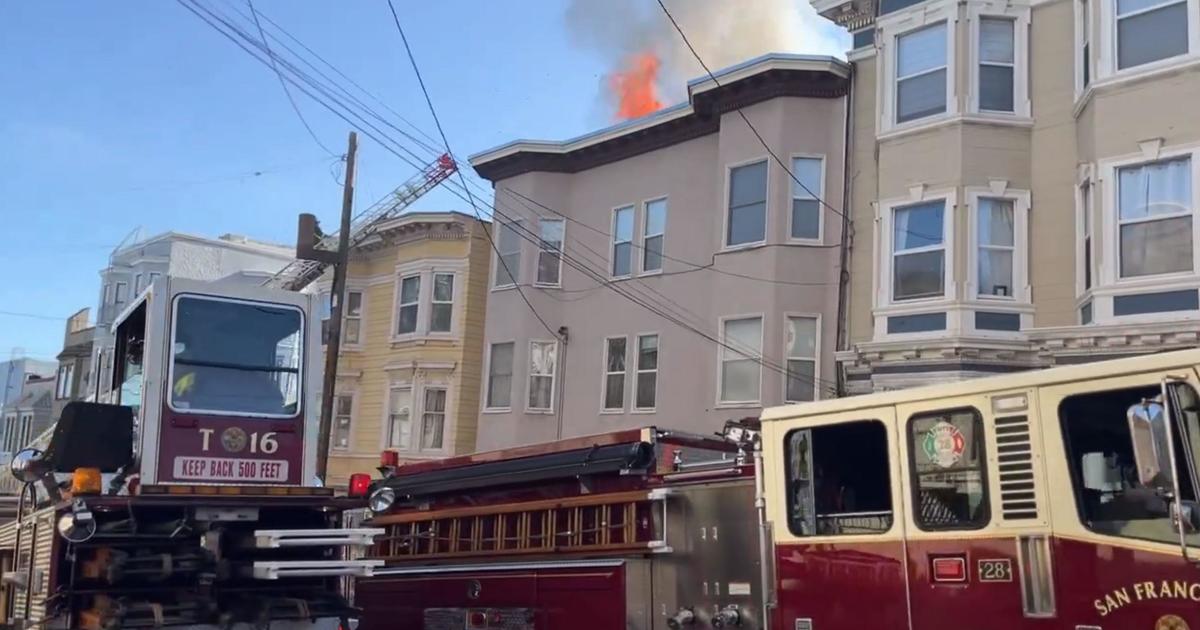Prop 8 Aims To Curb Massive Profits By Dialysis Clinics
SAN FRANCISCO (CBS SF) -- A measure on the November ballot takes aim at regulating dialysis clinics across California. Backers claim many of the clinics are taking advantage of patients with private insurance and reaping the profits.
Of all the measures on this year's ballot Prop 8 may have elicited the heaviest spending on advertising. In recent weeks, it has been nearly impossible to turn on the television and not see a commercial either for or against Prop 8.
Proposition 8 asks voters to regulate the profits of dialysis clinics. Doctor Bryan Wong is an expert on dialysis. He runs a clinic in Oakland and is opposed to the proposition.
"Just sending a proposition floating out to the public -- without the public really understanding the intricacies of how health care is being financed in this country and in California -- I think that's a flawed concept," said Wong.
How did California voters end up deciding the issue?
David Regan is the president of United Healthcare Workers-West. His union put Prop 8 on the ballot
He says the union pushed for it because state lawmakers wouldn't go for it
"The legislation, it was clear to us, could not pass the legislature and be signed by the governor," said Regan
But that still doesn't explain why the union is spending $17 million trying to regulate non-union dialysis clinics.
The union has been trying to organize workers at these clinics for more than two years, though Regan denies that the ballot measure is an attempt by the union to gain leverage over the clinics.
"We're gonna continue to talk to dialysis workers, whatever happens in November," said Reagan.
He says the real problem is that dialysis clinics are gouging people with private insurance.
"Basically what they do is charge people who are not on Medicare and Medicaid four to five times more than people who are on Medicare and Medicaid," explained Reagan.
According to the initiative, the two largest dialysis companies make almost $400 million in California each year.
So far those companies have raised $99 million to oppose Prop 8.
Here's why: Prop 8 designates certain things -- like equipment and hourly wages -- as "allowable costs" and then limits the clinic's revenue to 115 percent of those "allowable costs."
But an industry-funded study by the Berkeley research group says the "allowable cost" leaves out more than 30 percent of actual costs, including things like the cost of security, administrators and doctors.
And if Prop 8 passes, 83 percent of clinics in California will operate at a loss.
Dr. Wong told KPIX 5 even the richest dialysis companies would close a clinic if it is losing money.
"The clinic's gonna fall on hard times. It will be operating in the red," said Wong. "And it won't be before long that operations are cut back and perhaps even close. Then where do these patients go? "
Regan says clinics are not going to close and that dialysis companies will say anything to protect their profits.
"I think it's classic fearmongering," said Reagan.
The legislative analyst's office told KPIX 5 it can't predict what will actually happen if prop 8 passes. Clinics might close or they might not
Doctor Wong said voters shouldn't bet that the companies are lying about closing clinics, because the stakes are too high if they're wrong.
"I don't own the clinic. I am very much fearful of what might happen to the patients," said Wong.



